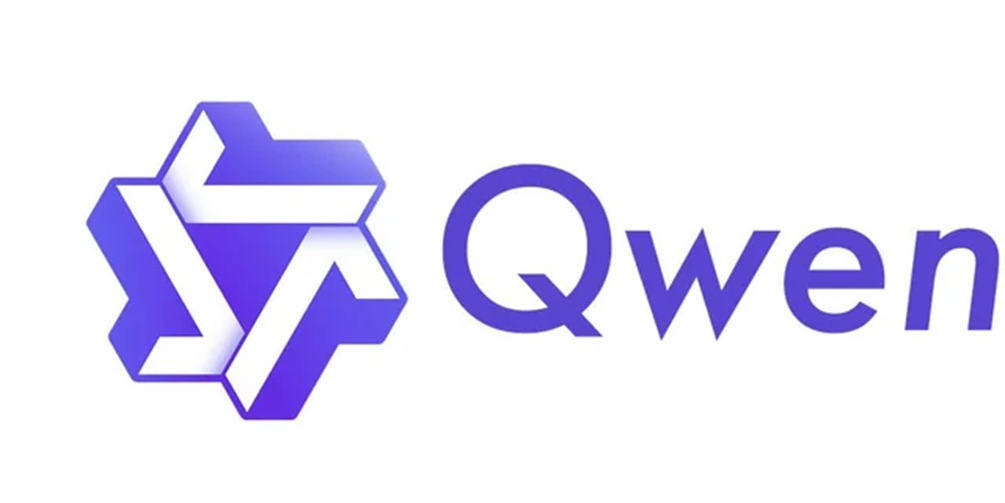In a bold move set to reshape the artificial intelligence (AI) industry, Alibaba Cloud has announced the open-sourcing of over 100 newly-launched AI models collectively known as Qwen 2.5. This groundbreaking initiative, revealed on September 7, 2024, marks a significant step towards democratizing AI technology and underscores Alibaba Cloud’s commitment to fostering global innovation in the field.
Qwen 2.5: A Comprehensive AI Suite
Qwen 2.5, short for “Quantum Web Enhanced Networks,” represents a diverse array of cutting-edge AI models designed to address a wide spectrum of applications and industry needs. The suite encompasses several key areas of AI technology:
- Natural Language Processing (NLP): Advanced models capable of understanding, processing, and generating human language, including text classification, machine translation, sentiment analysis, and chatbot functionality.
- Computer Vision: Sophisticated AI models for interpreting and analyzing visual data, such as object detection, image classification, face recognition, and video analytics.
- Generative AI: Deep learning models that can create new data based on existing patterns, including generating realistic images, human-like text, and simulating complex behaviors.
- Machine Learning Frameworks: Foundational tools for model training, deployment, and optimization, enabling developers to build scalable AI applications across various industries.
These models have been trained on vast datasets using some of the most advanced AI algorithms available, positioning Qwen 2.5 at the forefront of AI technology.
Driving Global AI Development
By open-sourcing Qwen 2.5, Alibaba Cloud aims to accelerate AI development on a global scale. This move aligns with a growing trend in the AI industry towards greater transparency, collaboration, and community-driven innovation. The company’s decision reflects its vision of making AI accessible to everyone, from individual developers to large enterprises.
An Alibaba Cloud spokesperson stated, “We believe that AI should be accessible to everyone. By open-sourcing Qwen 2.5, we are not only providing advanced tools for the AI community but also encouraging collaboration and knowledge-sharing that will drive the development of innovative AI applications around the world.”
Real-World Applications and Impact
The potential applications for Qwen 2.5 span a wide range of industries and sectors:
- Customer Service: NLP models can power advanced chatbots and virtual assistants, enhancing customer experience with quick and accurate responses.
- Healthcare: Computer vision models can assist in medical imaging analysis, potentially improving diagnosis accuracy and speed.
- Retail and E-commerce: AI models can be applied to personalized product recommendations, inventory management, and automated marketing campaigns.
- Security and Surveillance: Qwen 2.5’s computer vision capabilities can be utilized for facial recognition and anomaly detection in real-time video feeds.
Supporting the Developer Community
To facilitate the adoption and implementation of Qwen 2.5, Alibaba Cloud has released extensive documentation, tutorials, and tools. The company is also providing access to its Elastic Compute Service (ECS) and Machine Learning Platform for AI (PAI), enabling developers to deploy, train, and scale AI models on Alibaba’s cloud infrastructure.
Challenges and the Path Forward
While the open-sourcing of Qwen 2.5 presents immense opportunities, it also raises important questions about ethics, privacy, and security in AI development. Ensuring responsible use of these powerful tools will be a key challenge for the AI community moving forward.
Additionally, the computational resources required for advanced AI model training and deployment highlight the need for broader access to cloud computing resources to truly democratize AI development.
Conclusion: A New Era of Open AI Innovation
Alibaba Cloud’s release of Qwen 2.5 marks a significant milestone in the evolution of AI technology. By making these advanced models freely available, Alibaba is not only providing access to cutting-edge AI but also inviting the global community to collaborate in shaping the future of AI.
As developers, researchers, and businesses begin to explore and build upon Qwen 2.5, the potential for innovative AI solutions to address complex real-world problems is boundless. This initiative may well be remembered as a pivotal moment in the democratization of AI technology, setting the stage for a new era of open, collaborative AI development.

